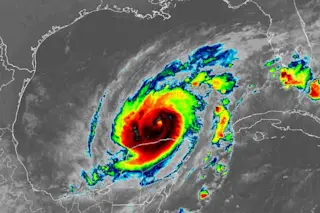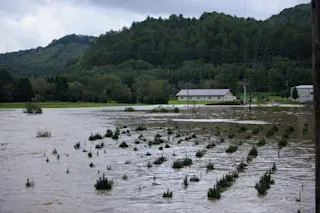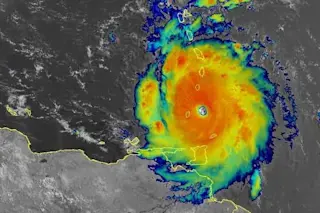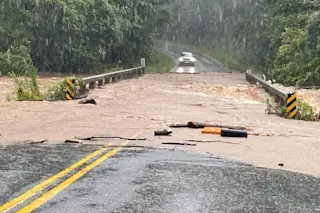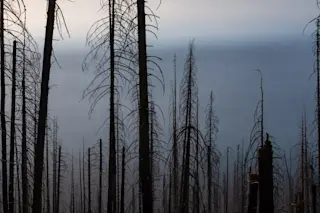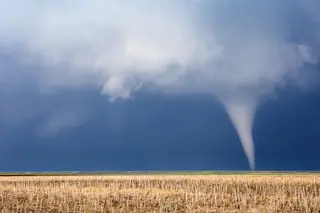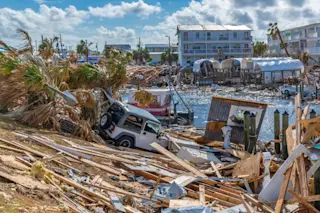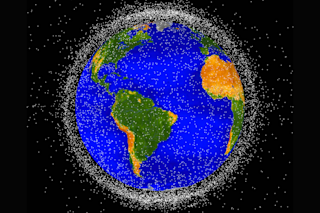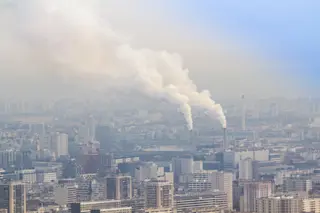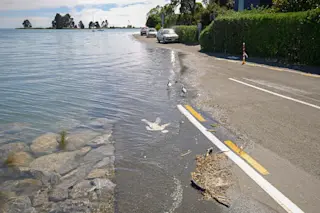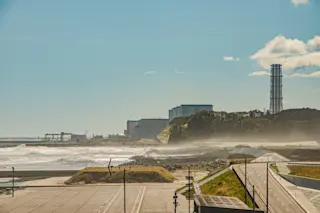Heat and the massive smoke plume from California's Detwiler Fire are seen in this animation of visible and infrared imagery from the GOES-16 satellite acquired on July 18, 2017. (Source: RAMMB/CIRA) For decades, satellites have been helping fire managers identify and monitor blazes, based on their smoke plumes and the hot spots they create in infrared imagery. But as the animation above shows in spectacular fashion, the new GOES-16 weather satellite has taken things to a new level. With higher resolution imagery, and nearly real-time imaging capabilities, it is already helping forecasters improve their ability to predict wildfire behavior — which of course has the potential to save lives. The animation shows California's Detwiler Fire not far from Yosemite National Park on Wednesday, July 18th. It begins at 1 p.m. California time and runs through dusk. By that evening, the fire had grown to 45,000 acres, up from 20,000 the ...
California's dangerous Detwiler fire: The amazing GOES-16 satellite sees the blaze itself, not just the billowing smoke
Discover the life-saving GOES-16 satellite capabilities that enhance wildfire behavior prediction with real-time imaging and higher resolution imagery.
More on Discover
Stay Curious
SubscribeTo The Magazine
Save up to 40% off the cover price when you subscribe to Discover magazine.
Subscribe

